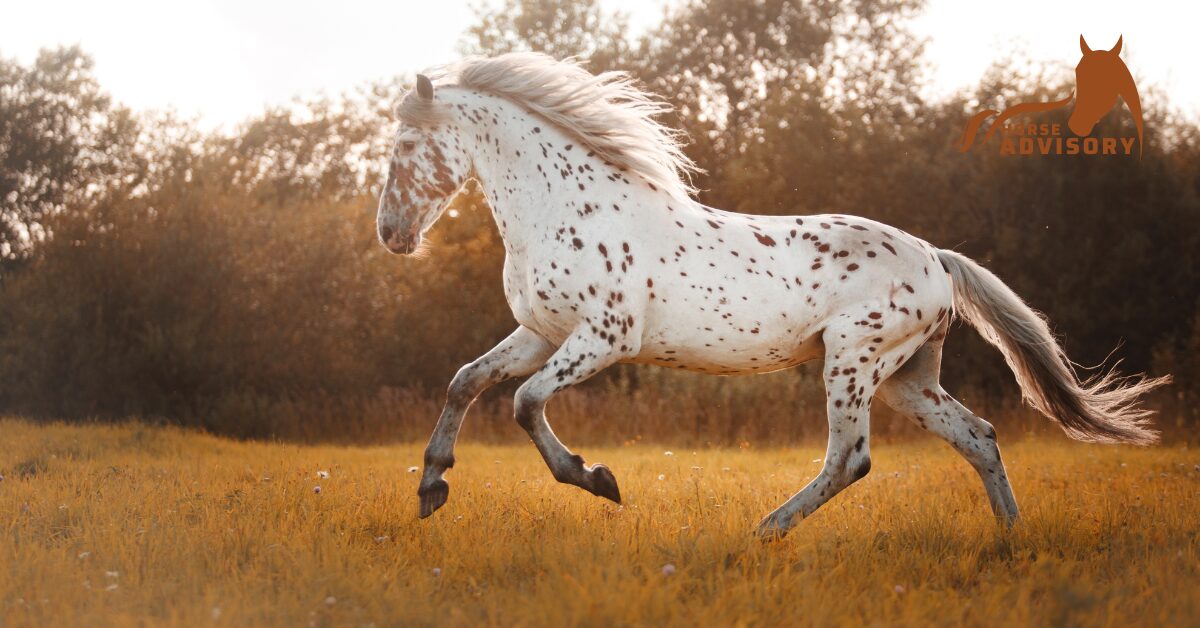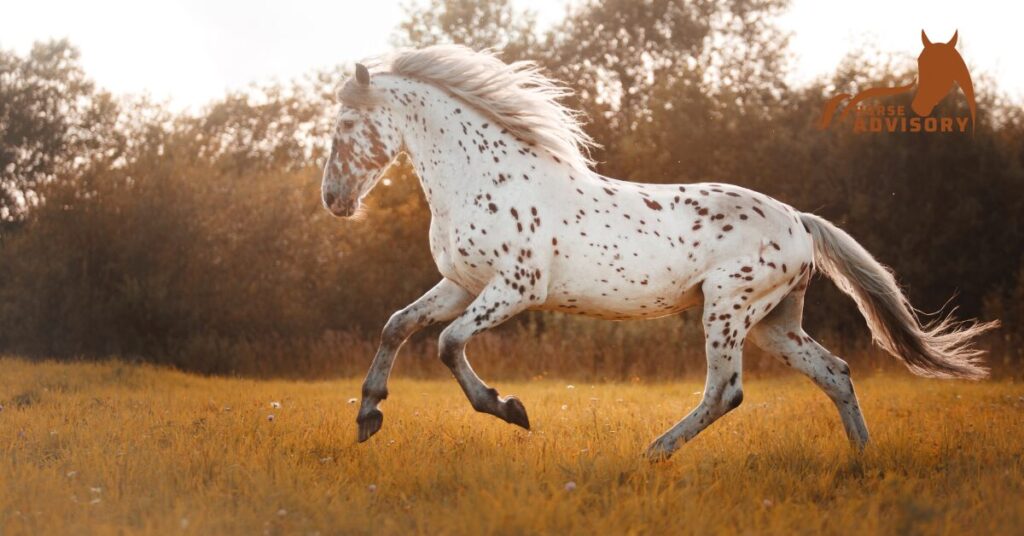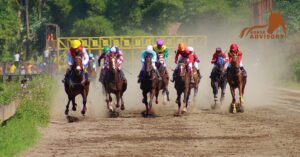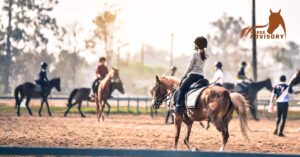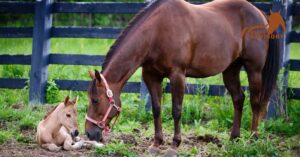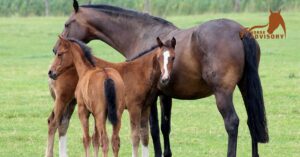Horses are magnificent creatures that have captivated human hearts for centuries. Bringing a new equine companion into your life is an exciting and rewarding experience, but it also comes with responsibilities. To ensure a harmonious relationship with your new four-legged friend, certain skills and training are essential. In this blog post, we will explore the key skills and training needed for caring for a new equine companion.
1. Equine Knowledge and Care
One of the fundamental skills you need when welcoming a horse into your life is a solid understanding of equine behavior, anatomy, and care. Knowing how to properly feed, groom, exercise, and provide veterinary care for your horse is crucial for their well-being. Consider taking equine care courses or workshops to enhance your knowledge in this area.
When it comes to welcoming a horse into your life, understanding their behavior is crucial. Horses are herd animals, so grasping their social dynamics and communication methods is vital for proper care. Additionally, interpreting your horse’s body language can provide insights into their moods, preferences, and potential discomfort.
On the front of anatomy and physiology, regular hoof care is essential for a horse’s health and mobility. Educating yourself on proper trimming, shoeing, and monitoring for signs of lameness is key. Dental health is another critical aspect as dental issues can significantly impact a horse’s eating and performance abilities. Regular dental check-ups and maintenance are vital for their overall well-being.
In terms of nutrition, consulting with equine nutritionists to create a personalized diet plan based on your horse’s age, weight, activity level, and specific health requirements is important. Understanding the significance of forage in a horse’s diet and ensuring access to quality hay or pasture is essential for their digestive health.
When it comes to preventive healthcare, implementing a regular vaccination and deworming schedule tailored to your horse’s needs can prevent various diseases and parasites. Scheduling routine veterinary visits for physical exams, dental check-ups, and overall health assessments can help catch any issues early on.
For emergency preparedness, having a well-stocked equine first aid kit with essentials like wound care supplies, bandages, thermometer, and your veterinarian’s contact information is crucial. Developing a clear emergency plan for scenarios such as colic, injuries, or natural disasters ensures a prompt and effective response when needed.
By focusing on these aspects without headings, you can enhance your knowledge and skills in caring for your new equine companion, creating a nurturing environment that prioritizes their well-being and strengthens the bond between you and your horse.
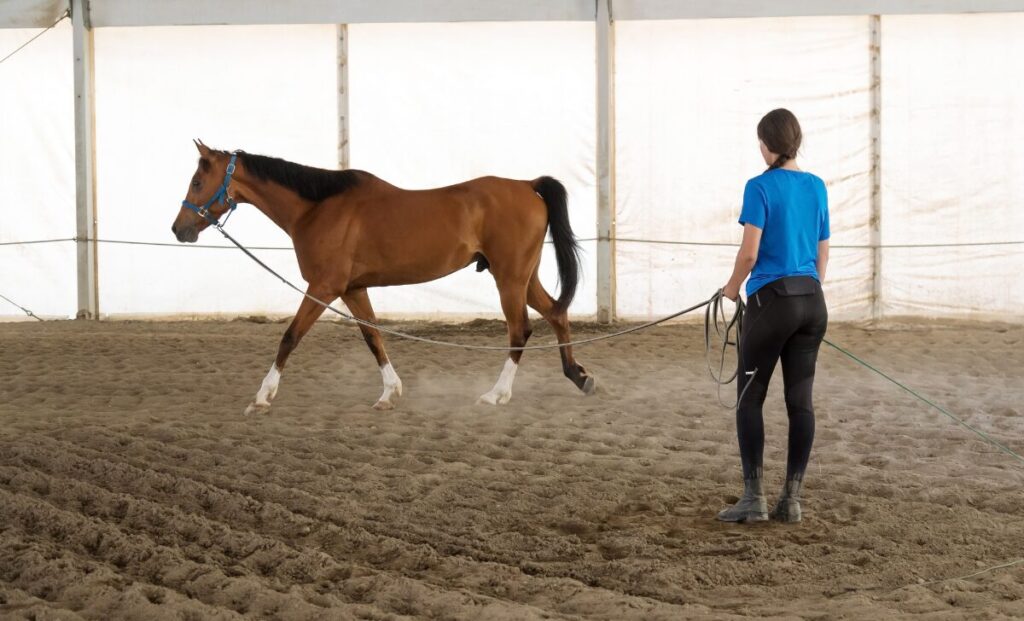
2. Riding and Handling Skills
When embarking on the journey of riding your horse, possessing proficient riding and handling skills is paramount. Mastery of proper riding techniques not only enhances your performance but also ensures the safety and well-being of both you and your equine partner. Understanding the nuances of different riding disciplines allows you to tailor your approach based on your goals, whether it be competitive events, leisurely rides, or training sessions. Effective communication with your horse through cues and body language establishes a strong foundation for trust and cooperation, fostering a harmonious partnership built on mutual understanding and respect.
Developing these essential skills goes beyond just the technical aspects of riding; it involves cultivating a deep connection with your horse. Through consistent practice and guidance from experienced instructors, you can refine your riding abilities and enhance your responsiveness to your horse’s subtle cues and signals. This heightened level of communication enables you to establish a fluid dialogue with your equine companion, creating a synergy that elevates your riding experience and strengthens the bond between you and your horse.
Enrolling in riding lessons with a certified instructor provides invaluable hands-on experience and personalized feedback to refine your riding and handling skills. These lessons offer a structured environment where you can learn and practice under expert guidance, allowing you to progress confidently and effectively. By immersing yourself in a learning environment tailored to your needs and goals, you set yourself up for success in developing the proficiency and finesse required for a fulfilling and rewarding partnership with your beloved equine companion.
3. Equine First Aid and Emergency Response
When it comes to caring for horses, being prepared for emergencies is of utmost importance. The ability to administer basic first aid, identify signs of illness or injury, and react promptly in emergency situations can greatly impact your horse’s well-being. Equipping yourself with the skills and knowledge necessary for effective equine first aid and emergency response is essential for providing immediate care and potentially saving your horse’s life.
Attending workshops or courses focused on equine first aid and emergency response is a proactive step towards enhancing your readiness to handle unexpected situations. These educational opportunities can provide valuable insights into common health issues, practical techniques for administering first aid, and protocols for managing emergencies specific to horses. By investing time and effort in learning these crucial skills, you empower yourself to act decisively and competently in critical moments, ensuring the best possible outcome for your horse.
The confidence that comes from being well-prepared for emergencies not only benefits your horse but also fosters a sense of security and peace of mind for you as a caretaker. By proactively seeking out training and resources related to equine first aid and emergency response, you demonstrate a commitment to the welfare of your horse and position yourself as a responsible and capable guardian. Remember, preparation is key, and the knowledge you gain from such training can make a significant difference in safeguarding the health and safety of your beloved equine companion.
4. Groundwork and Relationship Building
Building a strong bond with your horse starts from the ground up. Engaging in groundwork exercises like leading, lunging, and desensitization plays a crucial role in fostering trust, respect, and effective communication between you and your equine companion. These exercises not only establish a solid foundation for your relationship but also lay the groundwork for a positive and cooperative dynamic that extends to various activities, including riding and training.
Practicing groundwork allows you to develop a deeper understanding of your horse’s behavior, preferences, and responses to different cues. Through consistent and patient interaction during groundwork sessions, you build a language of communication that transcends words and relies on body language, energy, and mutual understanding. This process of connection and rapport building forms the cornerstone of a harmonious partnership built on mutual trust and collaboration.
Investing time and effort in groundwork not only enhances the bond between you and your horse but also sets the stage for a fulfilling and enriching companionship. By dedicating yourself to these foundational exercises, you create a framework of trust and cooperation that permeates all interactions with your equine partner. Groundwork serves as a pathway to strengthening the emotional connection with your horse, creating a relationship based on empathy, patience, and mutual respect that forms the bedrock for a successful partnership in all aspects of equine care and activities.
5. Nutrition and Health Management
Ensuring the optimal health and well-being of your horse involves a comprehensive approach to nutrition and healthcare management. Understanding the dietary requirements of horses and crafting a balanced diet tailored to meet those needs is fundamental to their overall health. Equally important is the ability to identify prevalent health issues, adhere to regular veterinary examinations, and proactively implement preventive healthcare strategies as a responsible horse owner. Collaborating with experts such as equine nutritionists and veterinarians can aid in formulating a personalized nutrition and health management regimen that caters to your horse’s specific requirements.
By delving into the nutritional aspects of horse care, you empower yourself to make informed decisions regarding your horse’s diet. Recognizing the significance of essential nutrients, proper feeding practices, and dietary adjustments based on age, activity level, and health conditions is key to promoting longevity and vitality in your horse. Moreover, staying vigilant about common health concerns, scheduling routine veterinary visits for thorough check-ups, vaccinations, and deworming, and staying attuned to any deviations in your horse’s well-being are crucial components in maintaining their health and detecting issues early for prompt intervention.
Consulting with professionals in the field of equine nutrition and veterinary medicine provides access to specialized knowledge and tailored guidance in crafting a nutrition and health management strategy that aligns with your horse’s individual needs. By leveraging the expertise of these experts, you can navigate the intricacies of equine nutrition and healthcare with confidence, ensuring that your horse receives the best possible care. This proactive and diligent approach underscores your commitment to the welfare of your horse, fostering a foundation of well-being, vitality, and longevity for your cherished equine companion.
Conclusion
Welcoming a new equine companion into your life is a significant commitment that requires dedication, patience, and ongoing learning. By acquiring the necessary skills and training in equine care, riding, first aid, groundwork, nutrition, and health management, you can ensure a fulfilling and enriching partnership with your beloved horse. Remember, the journey of caring for a horse is not just about what you can teach them, but also about what they can teach you in return.
Remember, the bond between a human and a horse is truly special, built on trust, respect, and mutual understanding. By investing time and effort into developing the essential skills and knowledge required for caring for your new equine companion, you are laying the foundation for a fulfilling and lifelong partnership filled with shared adventures, moments of joy, and unwavering companionship.
